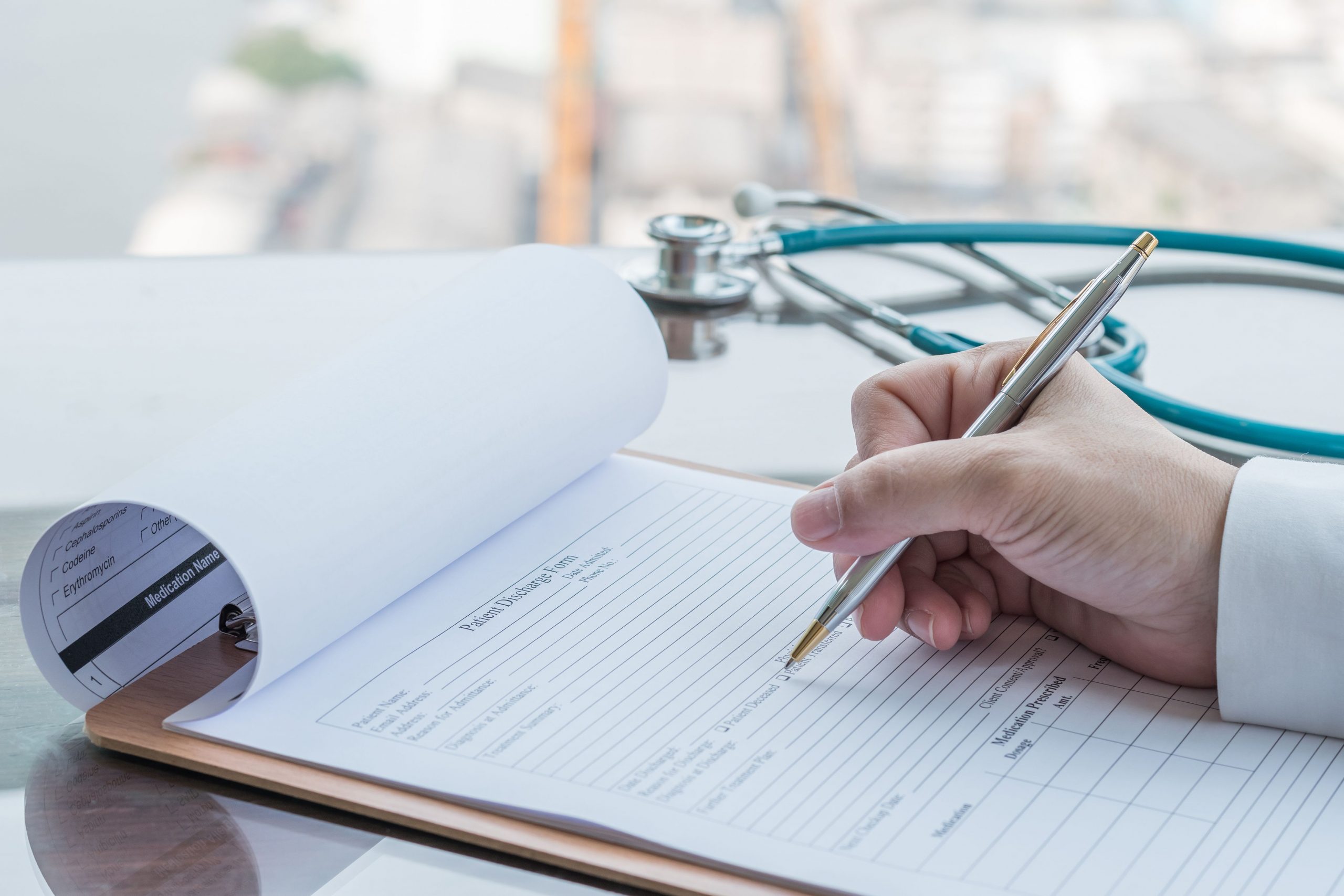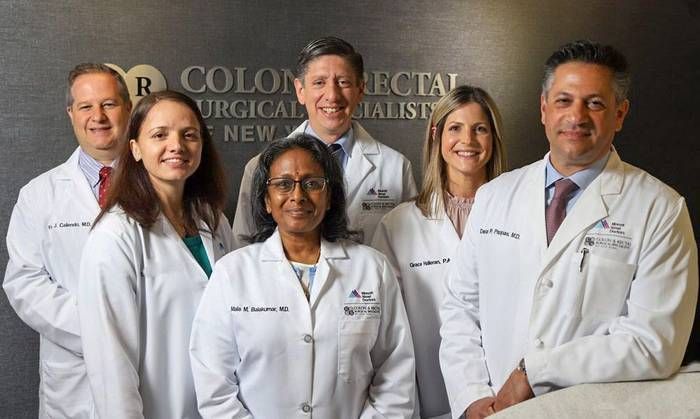
BY DEAN PAPPAS M.D.
Those who suffer from colon health issues, like Crohn’s disease, diverticulitis, or colon cancer, may find relief through colon resection surgery. Colon resection surgery can help restore quality of life for those who battle painful issues with their digestive system and may even help some avoid the future need for a colostomy bag.
If you need colon resection surgery, you may be wondering what to expect during recovery. Although each patient’s recovery is unique, the following overview explains what to expect with colon resection surgery recovery. For answers to your specific questions, contact the Long Island, NY practice, Colon and Rectal Surgical Specialists of New York.
What Is Colon Resection Surgery?
The colon is a part of the digestive system attached to the large intestines. It is responsible for absorbing water from digested foods and moving waste out of the body. Trauma or disease to the colon can cause dehydration, constipation, or other serious issues. In such cases, colon resection surgery may help.
Colon resection, also called a colectomy, is a surgical procedure used to remove a portion of the colon and reattach the remaining portions of the digestive system to allow the body to remove waste.
Conditions Treated with Colon Resection
There are many health issues that may require treatment with colon resection surgery. Some conditions that may benefit from colon resection surgery include:
- Uncontrolled colon bleeding
- Colon cancer
- Crohn’s disease
- Bowel obstruction
- Diverticulitis
- Ulcerative colitis
What to Expect during Recovery after Colon Resection Surgery
Colon resection may be performed as an open procedure or via laparoscopy. With laparoscopic colon resection surgery, small incisions are made through which a laparoscopic camera and surgical tools are passed to allow the surgeon to view and treat the colon without creating a large incision. The length of time needed to recover will vary based on whether an open or laparoscopic colon resection was performed (laparoscopic colon resections generally have a shorter recovery) combined with personal healing times.
Regardless of the type of colon resection surgery, patients will be kept in the hospital until bowel function returns, which may take several days to a week. After surgery, patients are generally not given solid foods. Instead, nutrients may be given intravenously to allow the intestines to recover. Shortly after surgery, intravenous nutrients may be replaced with clear liquids. As the intestines heal, patients will be advised when to reintroduce solid foods.
In some cases, a colostomy will be performed along with colon resection. If performed, patients will meet with a nurse to learn how to care for their stoma, which is created in the abdomen to allow the removal of waste from the body, and how to change the colostomy bag, which is used to collect this waste.
Patients are allowed to leave the hospital once they have regained bowel function. However, the recovery process will continue at home. Most patients will be fully recovered after six weeks but should expect to feel sore around the incisions, and may feel weak for a week or two after surgery.
Schedule a Consultation
If you would like more information about colon resection surgery and recovery, we welcome you to schedule a consultation with our team at the Colon and Rectal Surgical Specialists of New York.

